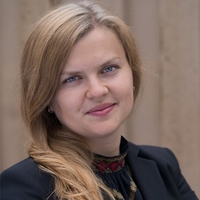The CRISP training program is a crucial component of the full-time course on peace and conflict work at ZFD Academy. This intensive training focuses on conflict analysis, intervention planning, negotiation, and peace project implementation. Participants engage in various activities, including a simulation game called KODORI, to apply their knowledge and develop their skills. The training emphasizes the complexities of implementing peace projects and the importance of connecting them to the broader political landscape.
Project Goals
The primary goal of the training program is to equip participants with the necessary knowledge and skills to effectively address conflicts and contribute to peacebuilding efforts. It also seeks to deepen their understanding of political negotiations and transitional justice, encouraging them to explore these topics further. Ultimately, the project aims to foster sustainable peace by promoting collaboration and engagement with various actors and sectors.
Target Group(s)
9 people who work in or plan to enter the field of conflict transformation, peacebuilding or conflict-sensitive development cooperation, and already have relevant work experience.
Planned Outcomes/Achievements
By the end of the course, participants will have gained the ability to analyse situations on-hand of the conflict context, while reflecting on one’s own positionality. Gaining awareness of oneself helps individuals understand the requirements of others without being limited by one’s own beliefs or expectations. Consequently, the practice of negotiation, facilitation and communication becomes context-dependent, which allows for conflict sensitive and multifaceted solutions.



